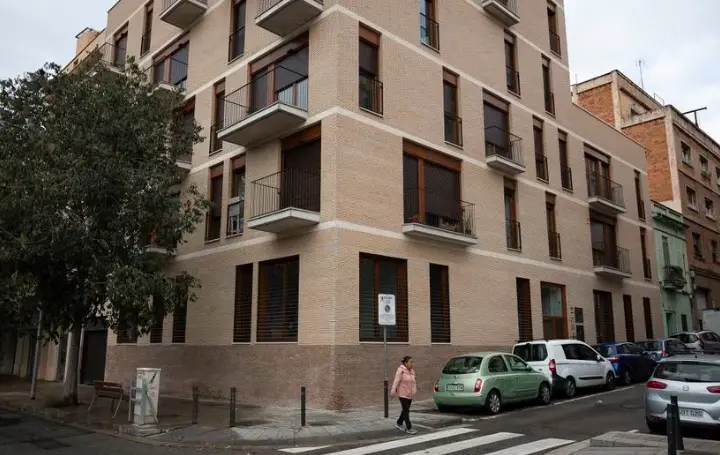The limited supply of affordable homes in the catchment area of the Catalan capital accentuates the housing crisis.
Barcelona Global, the lobby group made up of businessmen from the city, has presented this Tuesday the study ‘Challenges and solutions to generate affordable housing’ where it concludes that it is necessary to build 25,000 of these new homes on land with urban plans already approved in Barcelona and the 35 municipalities of its surroundings. For the organization, the construction of these homes in areas of Barcelona such as Tres Chimeneas de Sant Adrià, planning in Baix Llobregat, Cerdanyola del Vallès, Badalona and Montcada i Reixac could materialize in five years and would solve a structural problem that affects the welfare of the population. The document also calls for a long-term supramunicipal vision to solve this problem.
Maite Barrera, president of Barcelona Global, emphasized that the problem of affordable housing “must be approached from a metropolitan perspective and vision”. The document, which has collected over six months the opinion of 56 experts in the sector, reflects that half of these 25,000 homes would be affordable, with a cost of no more than 30% of household income. At present, 39% of the population of the 36 municipalities in the Barcelona metropolitan area spends more than 40% of their income on paying for their primary residence, according to the Metropolitan Housing Observatory.
In spite of the slowdown in the volume of population, the lack of affordable housing will be accentuated in the future by the growth of the needs entailed by the changes in the model of cohabitation, such as single-parent households, warns the entity. Barcelona Global considers that until 2050, 475,000 first residences of new construction will be requested, so the president considers public-private collaboration as the fastest and most effective formula for the construction of housing through land concessions, surface rights or the simplification of procedures.
Therefore, Barcelona Global asks the Administration to mobilize and carry out the urban plans that are already approved, in addition to a strategy of “acceleration” of land transformation for the construction of these affordable properties. A plan that should also include the number of homes, a schedule of works and material means so that municipalities can develop affordable housing more quickly. Mercè Conesa, general director of the entity, has warned that there is a “demand for primary homes” that currently cannot be satisfied and runs “the danger” of being excluded.

